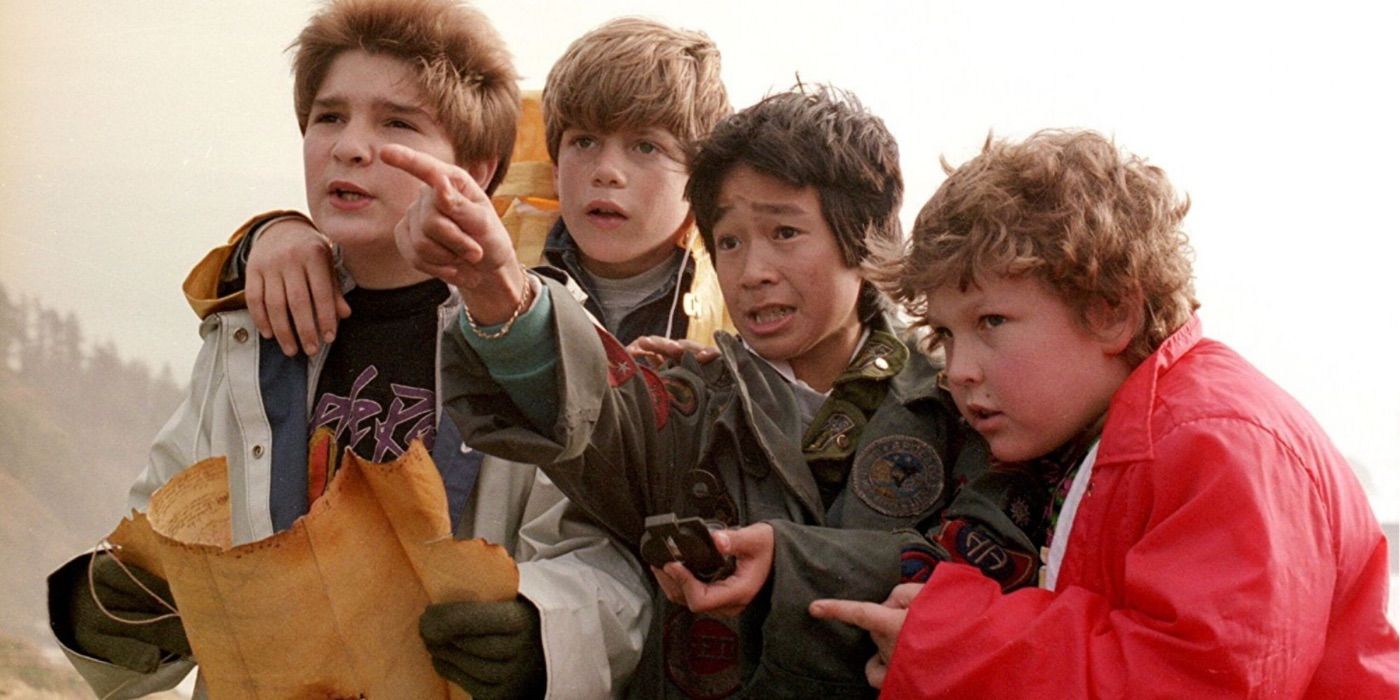The Big Picture
- Box office numbers don’t necessarily reflect a film’s quality. Some highly regarded classics didn’t make much money, while some popular films received backlash.
- Box office stats show what audiences enjoy at a certain point in time, but trends change. Movies driven by stars or genres can dominate the box office.
- A film’s lasting impact and presence in cultural conversations determine its true worth, not just its box office success.
The top 10 highest-grossing movies of all time at the domestic box office (without adjusting for inflation) are The Force Awakens, Avengers: Endgame, Spider-Man: No Way Home, Avatar, Top Gun: Maverick, Black Panther, Avatar: The Way of Water, Avengers: Infinity War, Titanic, and Jurassic World, respectively. Out of those 10, five were nominated for Best Picture at the Academy Awards (Titanic being the only one to win the coveted prize), while the other five are, at the very least, highly regarded by audiences. Even if you adjust for inflation, movies like Jaws, Star Wars or The Sound of Music join the list — all classics. Does this mean, then, that if a movie makes a lot of money, it must also be a good movie?
Steven Spielberg’s ‘Jaws’ Was the First Modern Blockbuster
The modern blockbuster was born with the release of Jaws in the summer of 1975 as it became the first movie to ever gross $100 million at the domestic box office (unadjusted for inflation). The film went on to be nominated for four Academy Awards (and win three), and for the next decade or so, one could easily argue that big box office meant high quality pictures, as the movies that crossed the century mark were more often than not also being highlighted with major award consideration. Star Wars, On Golden Pond, E.T., Tootsie, Kramer vs. Kramer, and Raiders of the Lost Ark all achieved blockbuster status while garnering Oscar nominations for Best Picture. The problem with that argument, however, is that over time it became a rarity for the biggest hits of the year to find any meaningful awards love, but it also seemed to matter less as well. Movies like Beverly Hills Cop, Top Gun, Batman (1989), Terminator 2: Judgment Day, and Jurassic Park are all considered classics of their respective genres and are generally beloved by audiences even today, and not one of them got close to a Best Picture nomination. Clearly, they didn’t need one.
Do Good Box Office Numbers Automatically Mean a Good Movie?
As it becomes clear that awards aren’t the end all, be all of a film’s quality, the original question remains: does a strong box office automatically mean a movie is good? Well, not exactly. As time went on, ticket prices soared and premium formats were introduced, making it easier than ever to hit that magic $100 million mark — which means that even bona fide flops like Wild Wild West, Donnie Darko, and this year’s The Flash all still crossed the centennial line. Granted, the bloated budgets of most of Hollywood’s biggest movies nowadays have changed what it means to be a hit, but that’s a discussion for another day. One must also consider all the classic movies that got nowhere near that amount once it became the norm. Take The Goonies, for instance. Widely considered to be one of the best and most beloved movies of the ’80s, the film grossed only $61 million in its initial run. While that’s still a solid hit, it goes to show how much more popular the movie became once it hit VHS and cable. Other classics that never even got above $50 million domestically include A Christmas Story, Goodfellas, Fight Club, 28 Days Later, and Zodiac. Some of these movies were minor hits compared to their budgets, but still, it proves that not all great movies break the bank.
Sometimes there are movies that make so much money there’s an outright backlash. The Twilight Saga is one such example. Each film was a bona fide moneymaker in every way (the only one to make less than $200 million is the original, which topped out at $193 million domestically), yet for every adoring fan there were others screaming at the top of their lungs about what a travesty they just watched (if they even saw it at all). To be fair, all this really proves is that movies, like art in general, are subjective. Though it is interesting that movies that are so popular and loved by so many can also cause such an uproar.
A Film’s Worth Doesn’t Come Down to Its Box Office Stats
More than anything, box office stats are a great way to see what audiences are enjoying at any given point in time. For example, the ’80s were filled with hits that were driven by movie stars, like the aforementioned Beverly Hills Cop or Top Gun. This bled into the early ’90s with movies like Pretty Woman and The Fugitive, until movies like Independence Day, Men In Black, Harry Potter, Lord of the Rings, and eventually superhero franchises became the top draw. It’s also interesting to note the movies that made a lot of money that time seems to have forgotten — for example, the movie Wild Hogs. It’s a road trip comedy starring John Travolta, Tim Allen, Martin Lawrence, and William H. Macy as four dudes going through a midlife crisis while riding their motorcycles across the country with ensuing hijinks. It’s real, and it grossed $168 million at the box office in 2007, actually becoming the highest-grossing live-action comedy of that year. Or the film Three Men and a Baby, a comedy starring Steve Guttenberg, Tom Selleck, and Ted Danson about, well, three men and a baby. It also happened to be the highest-grossing movie on the year of its release. How the times have changed!
Even though a good box office doesn’t always mean a movie is good, or that a good movie doesn’t always make good money for that matter, it can still be a fascinating tool when looking back on trends or the careers of actors or filmmakers you love. But the only real way to test a movie’s staying power is to observe whether it has remained in the general conversation of all that is cinema after a decade or two. Sure, a movie could garner $168 million and make all the actors, filmmakers, and shareholders really happy, but if an audience forgets about it the second the movie is over, let alone a few decades later, does it really matter? (No offense to all you Wild Hoggers out there, it’s just an easy target).





